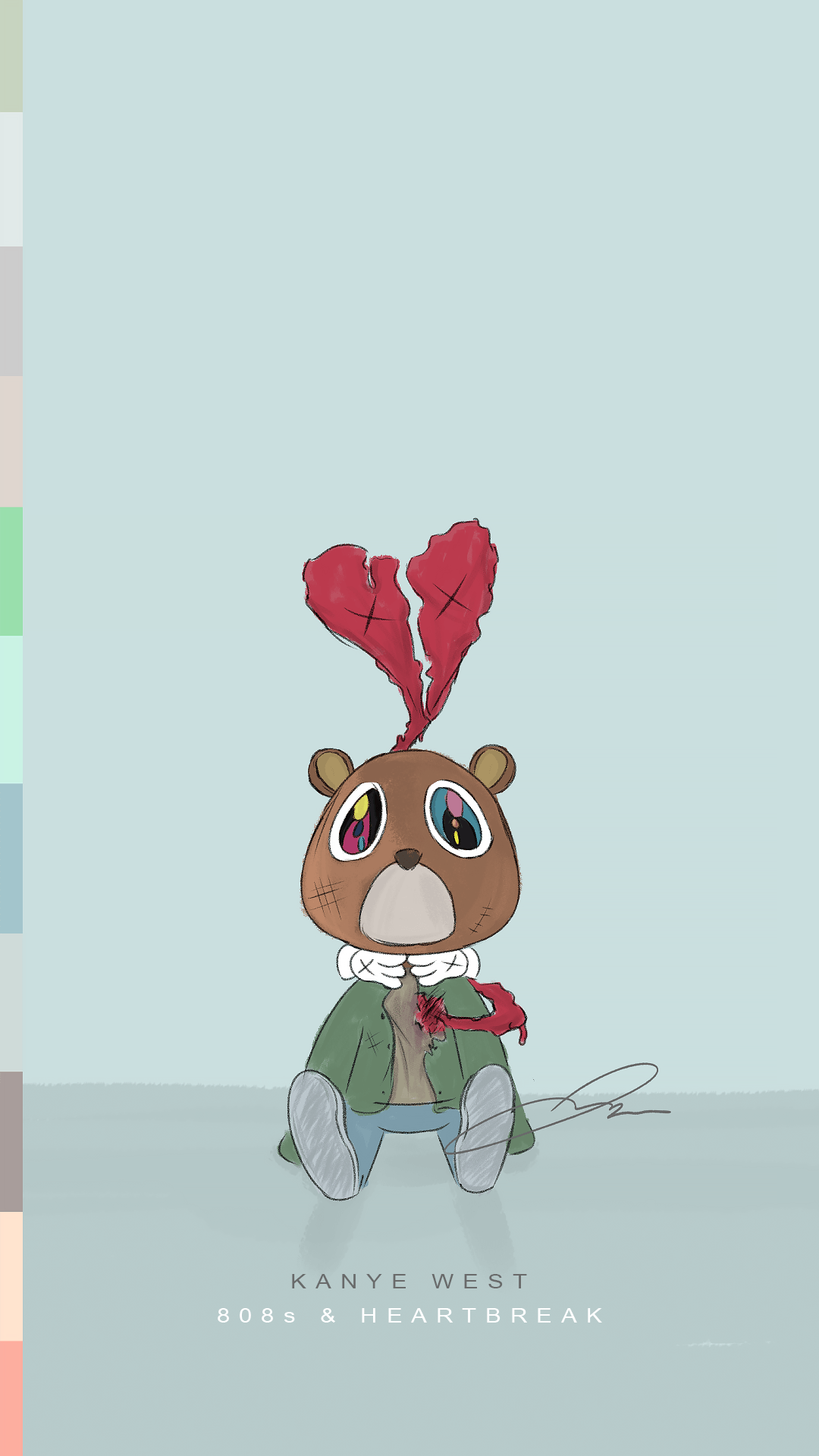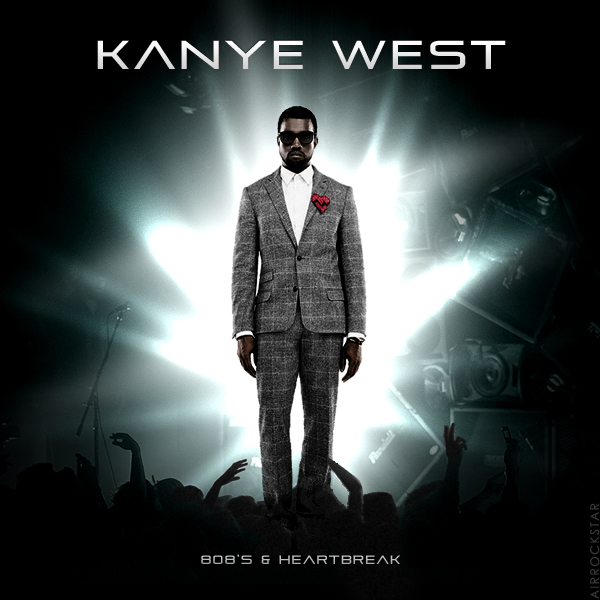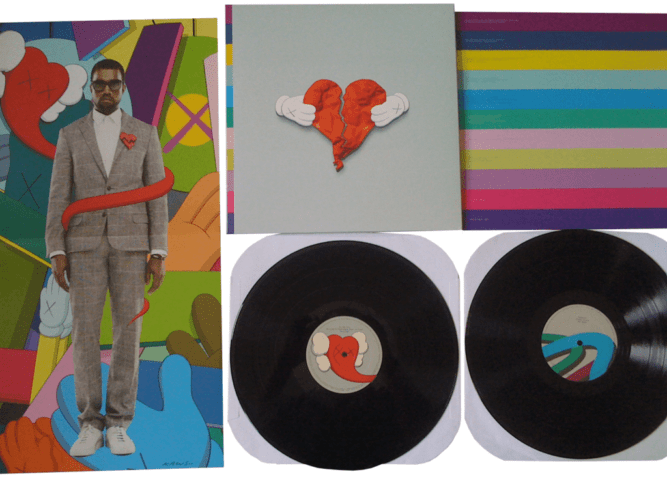

The 808s template has seeped into the street-rap groundwater-a realm that West’s music has always had an arms-length relationship to-as a new generation of local artists emerges.

He was quick to point out the implications of these aesthetic choices, name-checking Gary Numan in interviews while observing that “even if I’m harmonizing, it’s still from a nigga perspective.' Rap music has since absorbed the importance of this distinction into its DNA. He had one eye on the chilly European pop that had once dominated radio formats and MTV playlists as rap music languished on late-night programming blocks and local stations, but he kept the 808s hits: They were souvenirs from home as well as strewn pebbles that might lead him back. It is rap’s bedrock boom, and West savvily turned to it the moment he seemed to turn his back on rap completely. Its brute force and widespread availability in pawn shops helped the 808 to rewrite the rules of hip-hop from the ground up.

It provided a rough sound that was perfect for an enclosed space with lots of loose rattling parts, like a car.


 0 kommentar(er)
0 kommentar(er)
